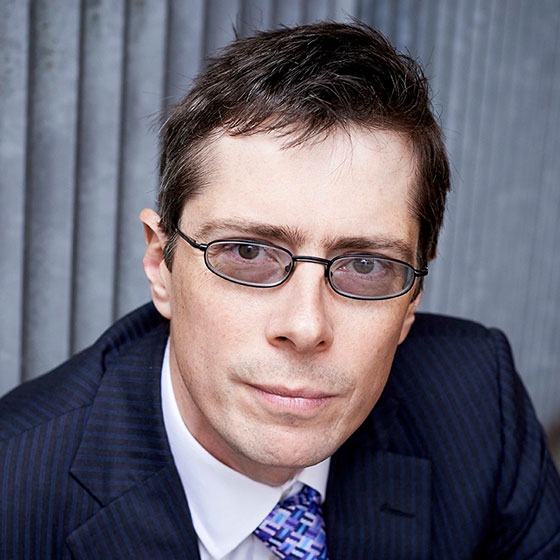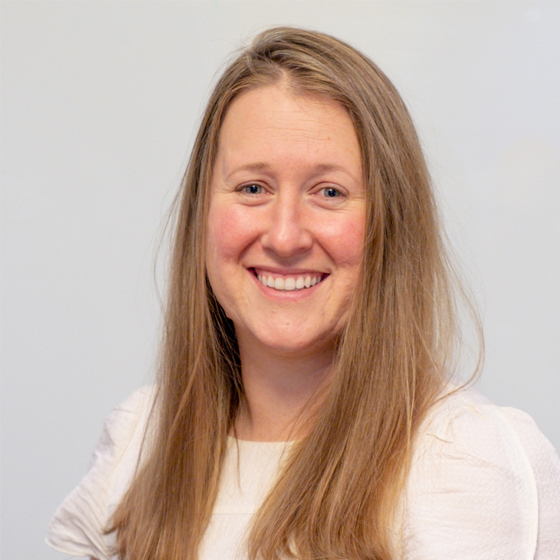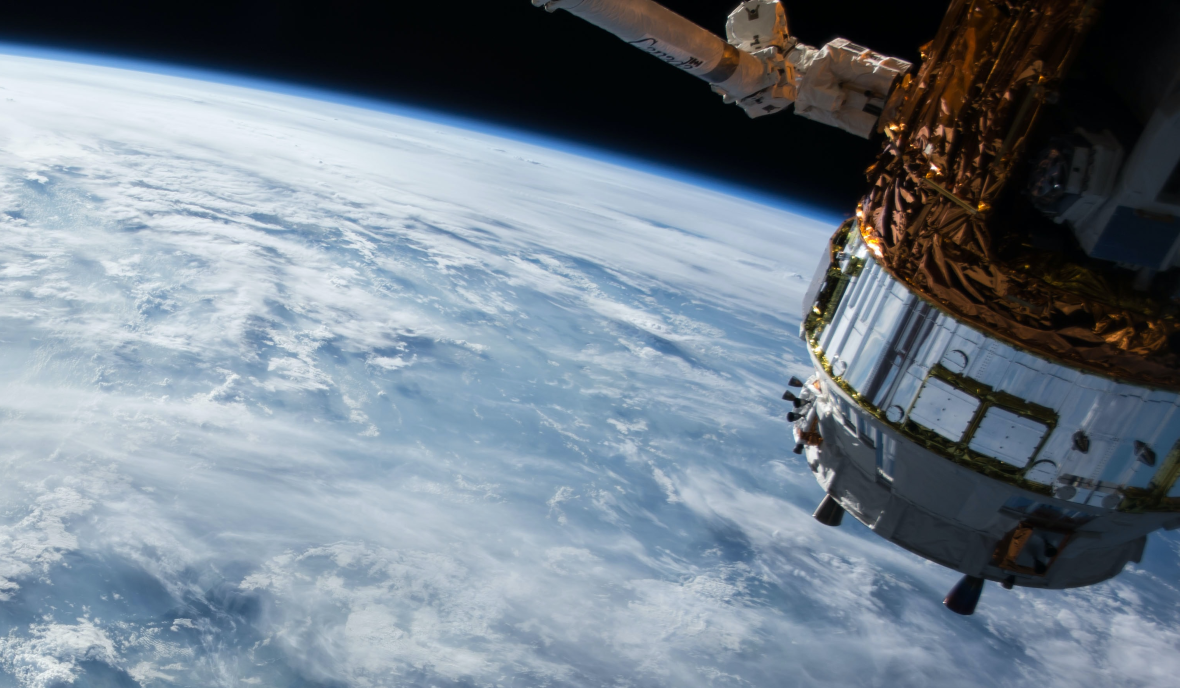It’s probably fair to say that few of us were overly sorry to see the back of 2020. And whilst right now we seem to be living in “groundhog year”, I am remaining defiantly optimistic — at least for the medium-term and beyond. Here’s why I think you can be too.
The pandemic has impacted every aspect of our lives, yet the response of the business community around the globe has been nothing short of phenomenal. The outpourings of compassion and kindness have been wonderful, but even more amazing is the overnight shift in business models in response to the urgent need in front of them. The most potent example is the design, production and approval time for the vaccines we are all pinning our hopes on being reduced by an order of magnitude.
Reflect on that for a moment. Something that would normally take 10 years was achieved in just one year.
The UN is calling the next ten years the “Decade of Action” to achieve the Sustainable Development Goals (SDGs) by 2030. If you’re reading this, you probably don’t need convincing that global society is actually facing a huge range of “pandemics” across climate change, biodiversity loss, plastic pollution, poverty, injustice, and so on. Perhaps many of these don’t feel quite as urgent as Covid-19 because they don’t impinge so severely upon our daily lives (particularly in the West), but their impacts will ultimately be far, far more severe and long-lasting.
So dream with me for a moment. What would happen if we put the same level of effort and resources into overcoming these global challenges as we have for the virus? What if businesses and governments threw themselves into a coordinated effort to tackle the SDGs with all of their resources and know-how? And what if we could recreate the pharmaceutical companies’ ten-fold acceleration, whilst solving issues such as clean energy generation and storage, or plastic circularity? That would mean we could achieve the equivalent of a century’s worth of innovation in just one decade. The progress of the 1920s to now, all delivered again by 2030. Crazy? Maybe. Impossible? Definitely not with the right resource allocation. (Admit it, that at least raises a glimmer of hope…)
The return-to-earth question is: how do we make it happen? Global governments have mostly demonstrated their inability to lead on the SDGs (see their cumulative lack of progress to date, despite having signed up to them). But the corporate world could. Will it? Well, that depends partly on you. (And us).
Answering the call of the SDGs will mean the vast majority of companies having to radically transform their business models. Carrying on with business as usual, just producing a bit less smoke, won’t get us anywhere near net-zero or a 1.5-degree global warming target. It’s like trying to treat Covid-19 with two paracetamol and a quick nap. Radical action is not an optional extra for businesses, as many CEOs are quietly (radically?) hoping. It’s a vital means of life preservation. Carbon and pollution taxes, supply chain disruptions, and evolving customer expectations (to name but a few) are very real risks facing every business leader right now. These pressures are only going to intensify, and the winners will be the ones who adapt first and best.
This need for radical transformation led me to co-found Future-Fit Foundation and create tools to help businesses make these vital changes. Take for example Tourism Holdings Ltd, a leading RV rental business in New Zealand, Australia and the USA. Despite the pandemic and operating in regions hit by devastating wildfires, the company has doubled down on its commitments — in part because it recognizes that there’s no tourism industry if there’s no world worth seeing. Today they’re using unrented fossil-fuel powered RVs as temporary accommodation during the pandemic; tomorrow these RVs will be electric. That’s radical transformation. Read more about their sustainability commitments and watch this short video from their CEO.
Another example comes from the usually un-radical world of banking. We’ve helped Virgin Money UK’s corporate banking team develop an online questionnaire for its SME borrowers. The tool will help these businesses understand and improve their impacts, whilst enabling the bank to start tipping its balance sheet toward companies that are actively trying to be part of the solution — ultimately rewarding them with lower borrowing rates. That’s finance driving positive change! (See a brief case study here).
Our vision is a Future-Fit Society — one which protects the possibility that humans and other life will flourish on Earth forever by being environmentally restorative, socially just and economically inclusive. To achieve this, we need many more examples like the above — enabled by each and every one of you equipped with a set of Future-Fit tools in your sustainability toolkit.
This is why we’re so excited to be growing our partnership with ISSP. By working in coordination, we enhance your ability to help businesses play their part in creating a flourishing future for all. As our global Future-Fit partnerships grow, so does my optimism for the future. And after reading this, I hope you are just a little bit more optimistic too.
This post was originally published by our partners at ISSP. ISSP members and Future-Fit Advisors can access discounted resources and membership – find out more here.





